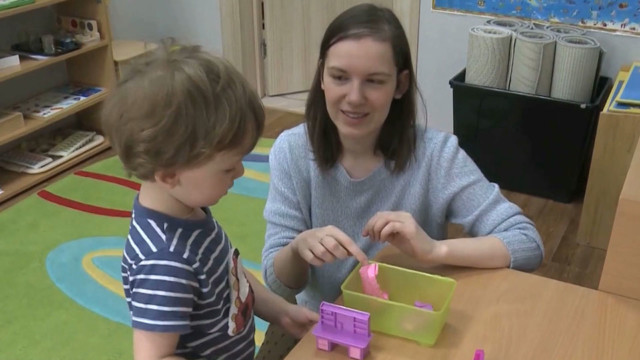Russia has confirmed a steep drop in its birth rates. It’s population fell by more than 130,000 last year. One expert warns the decline could last for a decade, significantly impacting the economy. CGTN’s Dan Ashby reports.
Follow Dan Ashby on Twitter @danielashby
When you’re two, it can sometimes feel like you have the world all to yourself.
But in Russia, there really are fewer new children to join in on the fun. Births dropped by more than 200,000 last year, and families are smaller than 15 years ago.
“It’s completely normal to have one child,” Margarita Sheremetyevo said, a mother. “If you have more than three children, everyone thinks ‘Argggghh! How many? How do you manage?’ So therefore one is normal, two is okay, and three or more – it’s too many!”
But the reality is that fewer mothers – and fewer babies – poses bigger problems.
In Russia, people are having fewer children, and without immigration, the population would be in decline. That means the burden of supporting tomorrow’s economy falls to today’s children.
The population is ageing, and that will hit employment and Russia’s tax income, so paying for the elderly will not be easy.
Last year alone, Russia shrank by 134,400 people. Experts say the current decline is due to World War II and may continue for years.
“It started a long time ago, in the Second World War when birth rate was very low,” explained Professor Anatoly Vishnevsky. He’s the director of the Institute of Demography at the National Research University Higher School of Economics.
“25 years later there were few parents, and that wave is repeating,” he said.
“Now, 75 years later, we are seeing this third wave which was made worse by the events of the 1990’s. It could last for 10 years or more. The decline in the number of women of child-bearing age is very big, almost seven million.”
The Government has tried measures to encourage bigger families. But demographic shifts are hard to counter with policies.
So for now, it will be up to the children to ride out the population’s slide.
 CGTN America
CGTN America
